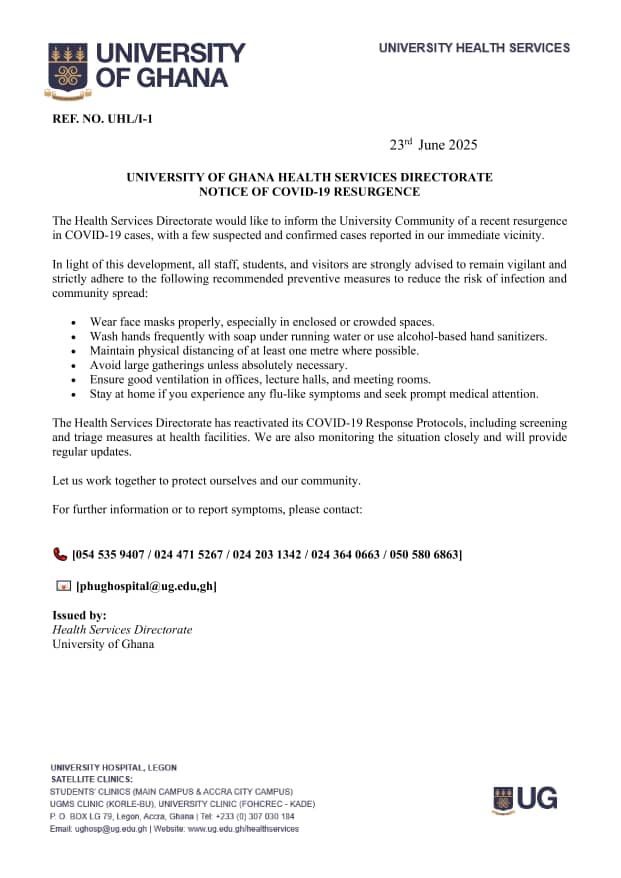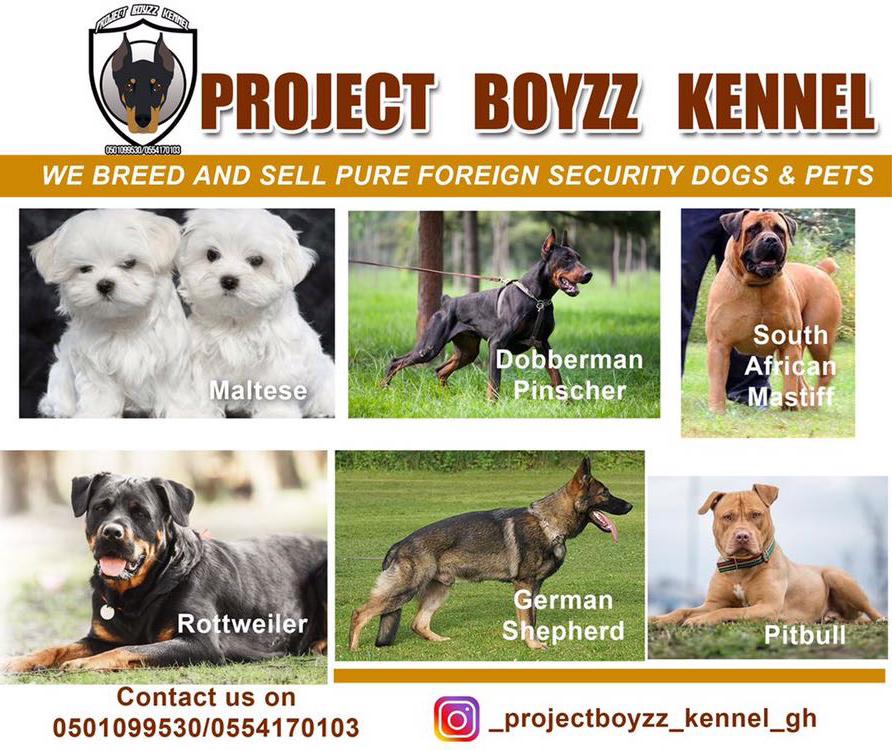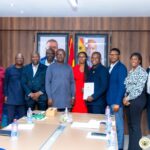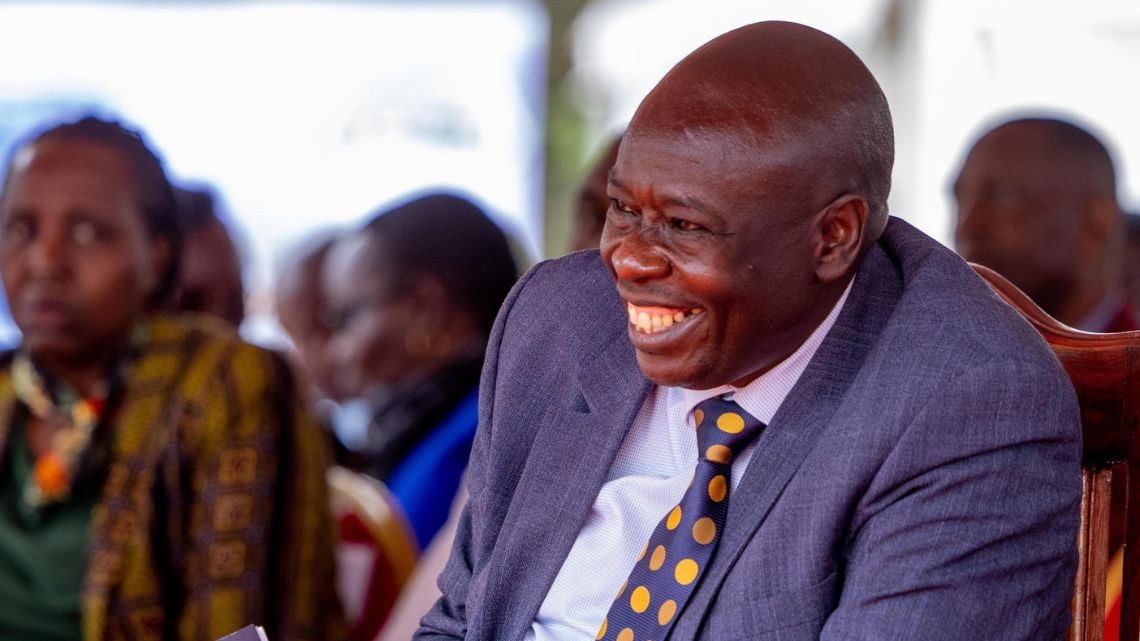The University of Ghana (UG) has issued a renewed alert following a resurgence of COVID-19 cases detected within its surrounding areas.
In a statement dated June 23, the university’s Health Services Directorate confirmed that a number of both suspected and confirmed COVID-19 cases have recently emerged in the immediate vicinity of the campus.
To curb any potential spread, the Directorate has reactivated its COVID-19 Response Protocols, including mandatory screening and triage procedures at all health facilities on campus.
In light of this, students, staff, and visitors have been urged to heighten their awareness and strictly observe preventive measures. These include proper mask-wearing—especially in crowded or enclosed environments—frequent handwashing with soap under running water, or the use of alcohol-based hand sanitizers.
The Directorate also emphasized physical distancing, encouraging the university community to maintain at least one metre between individuals where possible and to avoid large gatherings unless absolutely necessary.
One of the measures stated: “Ensure good ventilation in offices, lecture halls, and meeting rooms.”

Those experiencing flu-like symptoms have been strongly advised to stay home and seek medical attention promptly.
Reassuring the public, the Directorate said it is closely tracking developments and promised to issue further updates as needed, calling on all members of the university to “work together to protect ourselves and our community.”
COVID-19, caused by the SARS-CoV-2 virus, is typically transmitted through close contact between individuals. According to the World Health Organization (WHO), symptoms usually appear 5 to 6 days after exposure and may persist for up to 14 days. While common symptoms include fever, chills, and sore throat, others may experience severe fatigue, headaches, runny nose, muscle aches, dizziness, chest pain, coughing, gastrointestinal distress, and in some cases, loss of taste or smell.
Although breakthrough infections are still possible after vaccination, WHO has emphasized that vaccines significantly reduce the risk of severe illness and death.
Ghana recorded its first case of COVID-19 in March 2020, shortly after the WHO declared it a global health emergency. That classification was lifted in May 2023, but health experts continue to warn that COVID-19 remains a public health threat.
The Ghana Health Service (GHS) recently acknowledged that many individuals remain either partially vaccinated or entirely unvaccinated, leaving room for new infections.
In response, the GHS launched a nationwide vaccination campaign in July 2024, administering over 500,000 COVID-19 vaccine doses to people aged 18 and above. Vaccination teams continue to operate at health facilities and through mobile outreach in communities, markets, places of worship, and workplaces to improve access.
According to GHS, COVID-19 vaccination is now part of the routine adult immunisation schedule and is available at all approved centres.
Globally, the toll of the pandemic remains significant. By the end of April 2023, more than 765 million cases had been confirmed worldwide, with nearly 7 million deaths and over 13.3 billion vaccine doses administered. Europe recorded the highest numbers in both infections and fatalities, while Africa reported the lowest figures.








